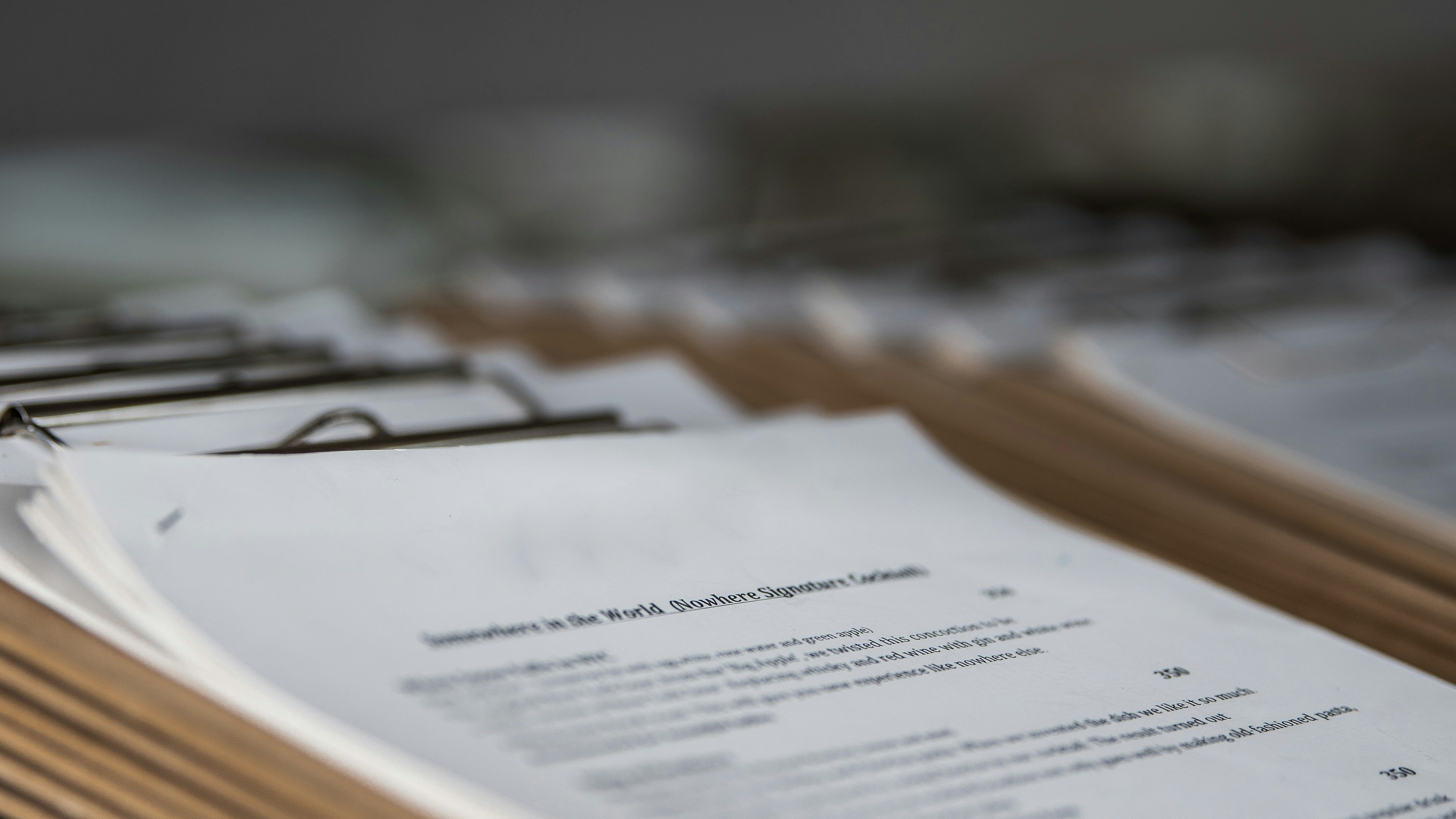One of the most useful and misunderstood tools is the Power of Attorney (POA). Below I’ll explain, from a Georgia legal perspective, what a POA is, how it’s executed here, common uses (including real-estate closings), and why a properly drafted POA gives legal authority that a simple notarized signature does not.
At Heritage we offer POA services, a unique offering not found elsewhere. If and when your closing requires a power of attorney reach out to Heritage for a seamless handling of your transaction from open to close!
Let's get started..
What is a Power of Attorney (POA)?
A Power of Attorney is a written legal document by which you (the principal) name another person (the agent or attorney-in-fact) to act on your behalf for certain legal or financial matters. A POA can be general (broad authority) or limited (specific tasks), and it can be durable (remains effective if you later become incapacitated) or non-durable. The modern Georgia statutory framework and standard POA forms explain exactly what powers can be granted.
How do you make a valid POA in Georgia?
Georgia law sets specific execution rules for a financial POA:
(Short version: in Georgia a POA typically requires both a witness and a notary — it’s more than just a notarized signature.)

Why a POA is different from — and more useful than — a notarized document
A notary performs an important but limited role: a notary public verifies that a person signed a document and that the signature appears to be genuine (and, sometimes, that the signer is who they claim to be). Notarization does not by itself create authority for someone else to act for you. In contrast:
Put another way: notarization authenticates a signature; a POA delegates legal power.
Common real-world uses of a POA in Georgia (especially relevant for property owners)

Durability: what happens if the principal becomes incapacitated?
A durable POA (one that uses language indicating it remains effective upon the principal’s incapacity) is crucial if your goal is to have continuous management of finances if you become unable to act yourself. Georgia follows the Uniform Power of Attorney Act rules for many POAs, which make durable POAs effective tools to avoid interruptions in financial management. If you don’t have a durable POA, a court-appointed conservator or guardian may be required — a slower, more expensive, and public process.
Bank, title company, and institutional acceptance: expect variability
Although Georgia law prescribes what makes a POA valid, individual banks, title companies, and government agencies may have their own policies about what forms or language they will accept. For example, some banks prefer or require the Georgia statutory form, an original document (not a photocopy), or an agent affidavit. For real-estate closings, a title company or closing attorney may ask for proof of identity, agent attestations, or even a local court opinion in rare cases. Because of this variability, it’s wise to prepare the POA with professional help and to notify institutions in advance.
Risks, safeguards, and best practices
A POA grants considerable authority, so use these safeguards:

Simple side-by-side: POA vs Notary
Practical steps to get a Georgia POA that will be accepted
Final thoughts
A properly executed Power of Attorney is one of the most practical and flexible planning tools available in Georgia. It protects your finances, keeps real-estate transactions moving (even if you’re unavailable or incapacitated), and avoids costly court guardianship. Notarization is an important step in making a POA valid — but a notary alone is not a substitute for the legal authority that a POA grants.
If you’d like help preparing a durable financial POA, a limited real-estate POA for a closing, or to review an existing POA for acceptance by a bank or title company, contact Heritage Closing Firm. We’ll make sure your POA is properly drafted, executed under Georgia law, and tailored to what local institutions will accept.
FAQ
Q: Does a POA need to be notarized in Georgia?A: Yes, Georgia generally requires a financial POA to be signed in the presence of a notary and at least one witness.
Q: Can my agent sign a deed for me in Georgia?A: Yes, if your POA explicitly grants real-estate authority and is properly executed, an agent may sign deeds and closing documents on your behalf — but title companies often require the POA language to be clear and may request original documents.

